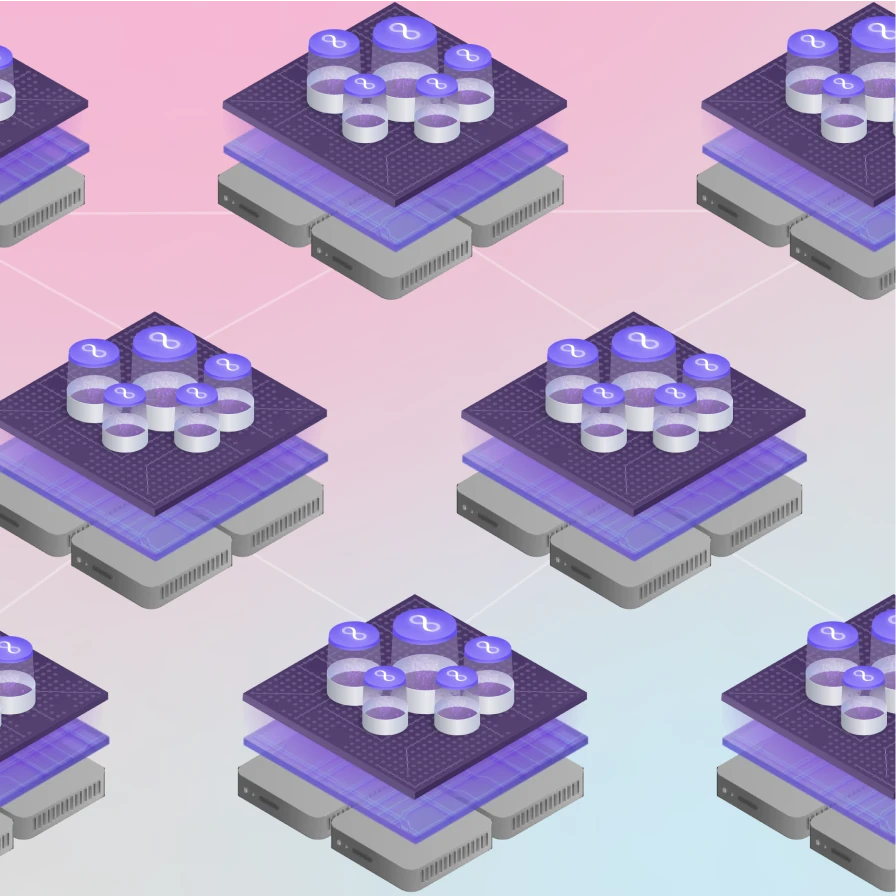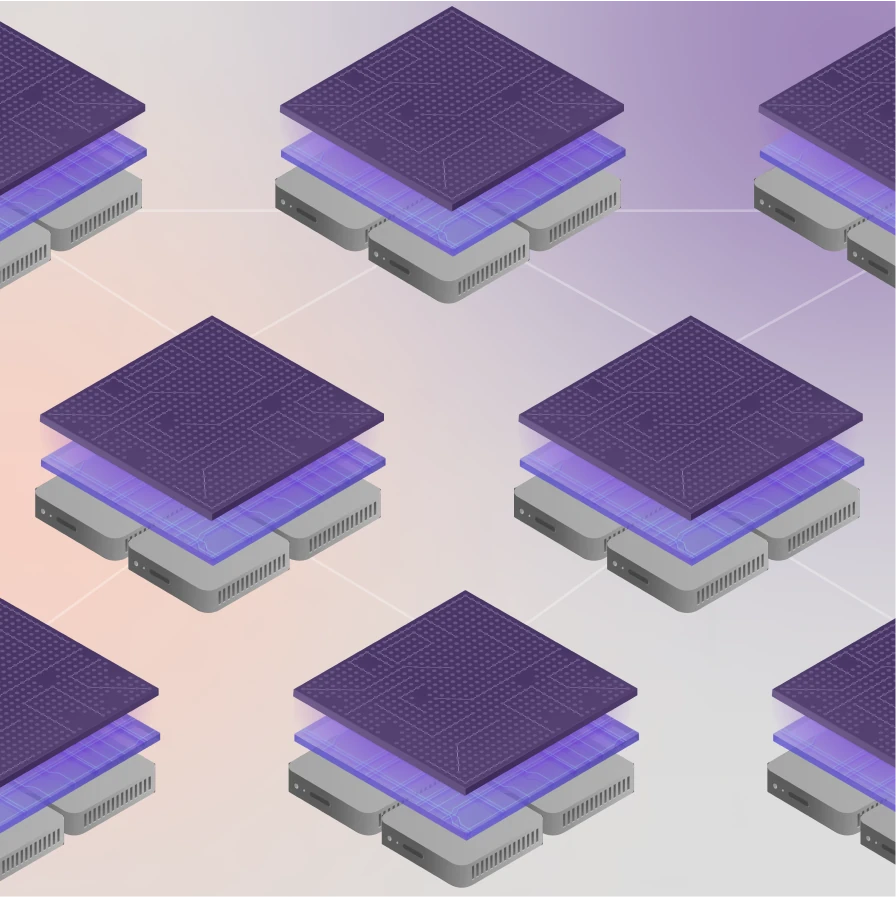Internet Computer Association
The Internet Computer Association (ICA) is a Geneva-based independent members organization that advocates for the Internet Computer network while supporting and coordinating ecosystem participants.
Internet Computer (ICP)
The Internet Computer adds autonomous serverless cloud functionality to the public internet – making it possible to build almost any system or service entirely on a decentralized network using “canister software,” an evolution of smart contracts.

Sovereign Hardware
Standardized hardware devices called node machines are run by independent parties called node providers, from different data centers, geographies, and jurisdictions around the world. Node providers run their hardware to earn tokenized rewards, rather like independent ISPs and backbone providers operate routing devices to earn peering fees.

Network Nervous System (NNS)
The NNS is one of the world's largest DAOs that governs the Internet Computer. It is a 100% on-chain, permissionless system that continuously upgrades the Internet Computer based on the voting of ICP token holders.
